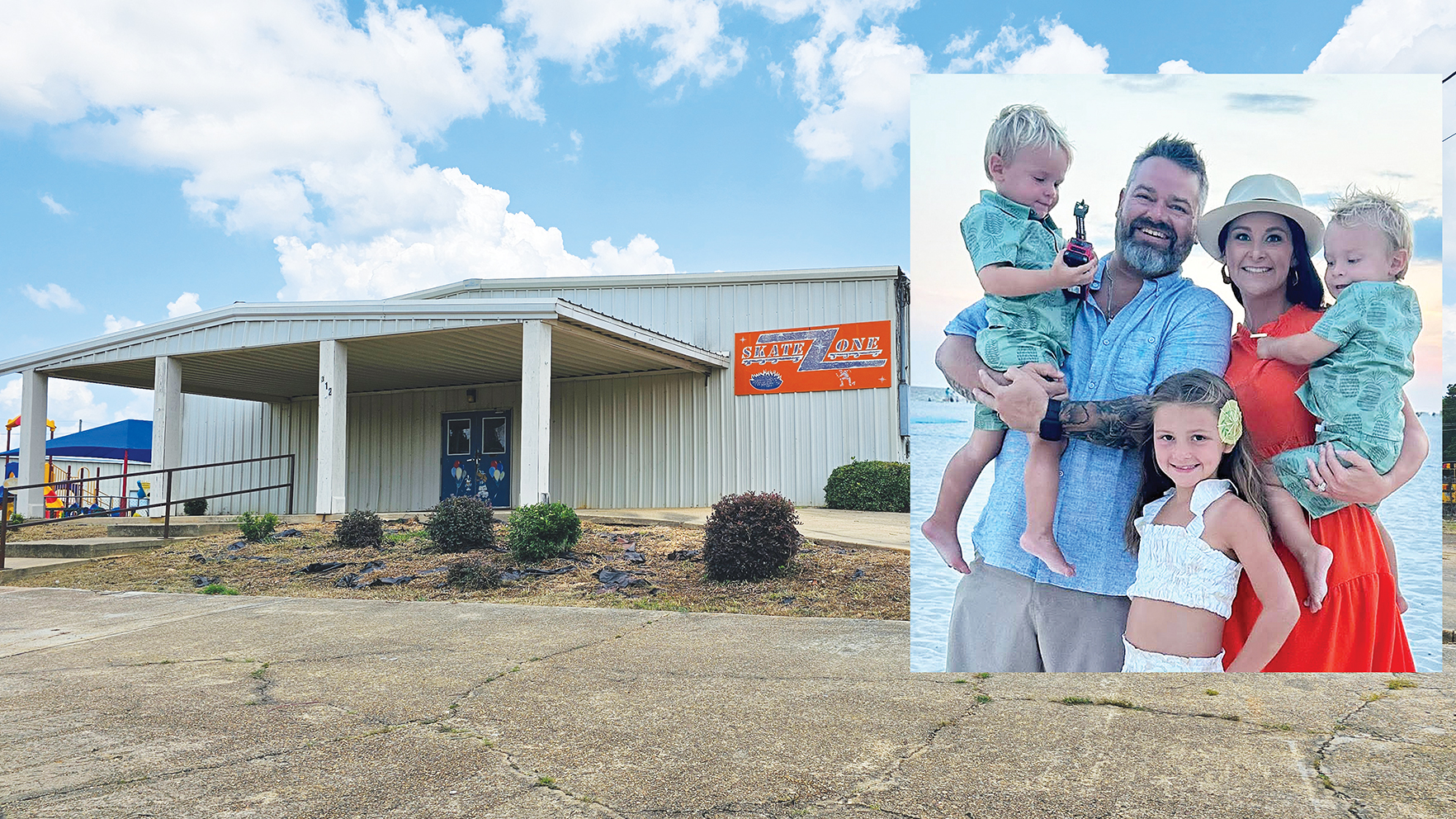New instructor eager to ‘D.A.R.E.’ students to avoid drugs, alcohol
Published 5:00 am Monday, March 26, 2007
From watching police shows while a student in high school,Lieutenant Byron Catchings of the Lincoln County Sheriff’sDepartment has known since then that he wanted to be a cop. Now hisinfluence might be what changes life for the better for localstudents.
Catchings just returned from the D.A.R.E. training course inOrange Beach, Ala. The two-week course prepared him to go to areamiddle schools and junior high schools to teach about the dangersof drugs and alcohol.
“I like working with kids,” Catchings said. “I have three of myown, which makes me want to teach Lincoln County kids about howdrugs can mess up your life. Also it’s a chance to be a role modeland give them someone they can depend on.”
Trending
D.A.R.E., which stands for Drug Abuse Resistance Education, is anationally recognized program started in Los Angeles in 1983. Ithas been so successful that now it is in 75 percent of the nation’sschool districts and 43 countries around the world.
Sheriff Steve Rushing said there was a D.A.R.E. program in theSheriff’s Department long ago, but that when he was appointed, theprogram was no longer in place in Lincoln County.
“It wasn’t active when I took over, and I’ve always thought itwas a good program,” said Rushing. “This program is a greatpreventative, and the schools have said they enjoyed it and areopen to having it back.”
The recent training program was the first one available forCatchings to attend since Rushing took over. The sheriff andCatchings expect to start D.A.R.E classes soon.
D.A.R.E. sends an officer into a classroom in a series of ninelessons to teach lessons from the D.A.R.E. book provided by theprogram. The children get to keep the book once the course isover.
“I try to teach them another meaning for D.A.R.E.,” saidCatchings. “Define, Assess, Respond, and Evaluate. If I could leavethem with just one thing, it would be to be aware of theirsurroundings and not put themselves in a bad situation.”
Trending
Catchings said part of what he likes about the weekly time withthe children is the idea that it gives them exposure to an officerso they develop a positive image of law enforcement.
“Drugs are a big threat to our kids. They’re such easy targets,”said Catchings. “I like the idea that they know they have someonethey can talk to when they can’t go to their parents about thepressure they’re facing.”
Rushing agreed that building rapport between youth and officersis an important step in the war on drugs.
“I think the program is geared toward teaching kids the dangersof drugs, for certain,” said Rushing. “But it’s also theopportunity to be around an officer on a weekly basis so they canget to know them and trust them.”
Catchings said it’s hard to counter kids’ images of drug dealersas having all the luxuries society encourages today.
“They’re seeing these people with the fancy rims, the jewelry,the fashionable clothes, and it’s hard for kids to understand inthe end it’s not worth the tradeoff,” said Catchings. “Sure, thosedrug dealers sparkle, but a badge sparkles too. It’s all thesparkle you need.”
As far as opening the lines of communication between area youthand law enforcement authorities, Rushing says he has the utmostfaith in Catchings as someone they can emulate.
“Byron is an excellent officer with a good rapport with thepublic, as well as and especially with kids,” said Rushing. “Ibelieve he’s going to do an excellent job with this program.”
And Catchings, who at one point dreamed of being a federalagent, said this is not only his job now, but it’s hisresponsibility.
“The children of Lincoln County are under my care now in a way,”he said. “It’s up to me to educate them about the things we faceevery day in this war on drugs.”





